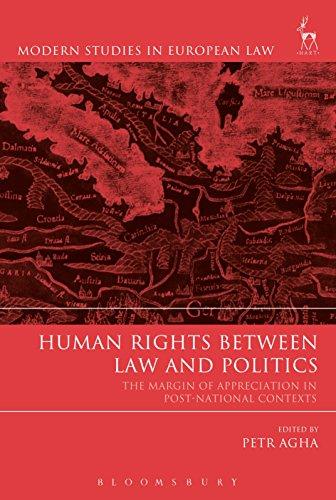Question
Anthony was an officer, director and shareholder of ACI Inc. The company took a loan from the Bank of Nova Scotia and Anthony guaranteed repayment
Anthony was an officer, director and shareholder of ACI Inc. The company took a loan from the
Bank of Nova Scotia and Anthony guaranteed repayment of the debt. His guarantee was limited to $350,000, although the amount owed to the Bank by the company was much greater. The company default on its payments to the Bank and in October 2004, the Bank wrote a letter to Anthonyadvising him they had demanded payment from the company and stated that "[w]e have today demanded payment of the Borrower's obligations to us.... If payment of our demand is not made as required, we will take steps to recover payment from you."
The company went bankrupt in December 2004, and the Bank appointed a Receiver to sell the
company's assets. The sale was finalized in February 2007, but the Bank was not paid out in full. The company still owed over $1 million and as a result, the Bank's lawyer sent a second letter to
Anthony and demanded payment from him of the full amount of his guarantee. Anthony did not
make payment and the Bank sued him for the amount owing.
When the matter came before the Court, Anthony defended and argued that he was not obliged to pay the amount of the guarantee because the Bank had not sued him within the 2 year period
prescribed by the Limitation Act. Anthony argued that the limitation period started either when ACI Inc. defaulted on the loan or when the Bank sent him the first demand letter in October 2004. On that basis, he argued that the limitation period expired at latest in October 2006, and the Bank had not sued him until July 2007. Anthony's position was that the Bank's claim was statute barred. Not surprisingly, the Bank argued that the limitation period did not start in 2004, but that it started on June 12, 2007 when the Bank's lawyer sent the second demand letter to Anthony. This argument was based on the premise that the guarantee was a "demand guarantee" and as a result the limitation period did not start until demand was issued. The Bank then argue that the first letter sent in October 2004, was not a demand but merely a notice sent out of courtesy to inform Anthony that the Bank would look to him if the company did not pay the debt in full. Both Anthony and the Bank conceded that the limitation period expired after 2 years and the only question was when did that period commence. For Anthony, the answer would determine whether or not he had to pay the Bank $350,000.
What are the laws enforced or applicable laws to address the situation?
Step by Step Solution
There are 3 Steps involved in it
Step: 1

Get Instant Access to Expert-Tailored Solutions
See step-by-step solutions with expert insights and AI powered tools for academic success
Step: 2

Step: 3

Ace Your Homework with AI
Get the answers you need in no time with our AI-driven, step-by-step assistance
Get Started


